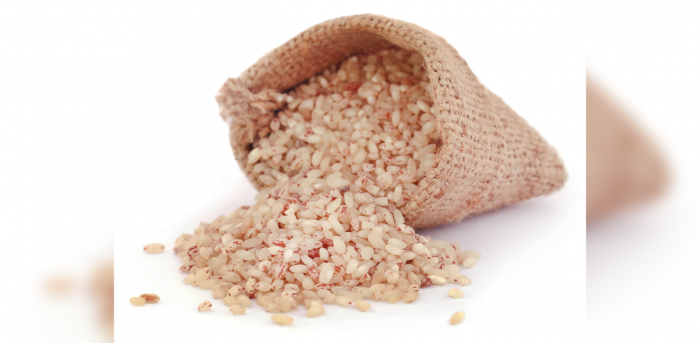
To give an impetus to the diversification of the jute industry, the Cabinet Committee on Economic Affairs (CCEA) on Thursday extended the norms for mandatory packaging of 100% food grains and 20% sugar in diversified jute bags.
“Decision mandating packaging of 100% foodgrains & 20% sugar in diversified jute bags will benefit 3.7 lakh workers & 40 lakh farmers specially in West Bengal,” textiles minister Smriti Irani said in a tweet, adding that the government purchases over Rs 7500 crore worth jute bags to sustain core demand of the sector.
As per an official statement, the government has expanded the scope of mandatory packaging norms under the Jute Packaging Material (JPM) Act, 1987.
In case of any shortage or disruption in the supply of jute packaging material or in other contingency/exigency, the textiles ministry may, in consultation with the user ministries concerned “relax these provisions further, up to a maximum of 30 % of the production of foodgrains over and above the provisions”, it said.
The approval will benefit farmers and workers located in the Eastern and North Eastern regions of the country particularly in the states of West Bengal, Bihar, Odisha, Assam, Andhra Pradesh, Meghalaya and Tripura.
Under the Jute Packaging Materials (Compulsory use in Packing Commodities) Act, 1987, the government is required to consider and provide for the compulsory use of jute packaging material in the supply and distribution of certain commodities in the interest of production of raw jute and jute packaging material and of persons engaged in the production thereof.
Therefore, the reservation norms in present proposal would further the interest of domestic production of raw jute and jute packaging material in India, thereby, making India self-reliant in consonance with Aatma Nirbhar Bharat, the ministry said.






